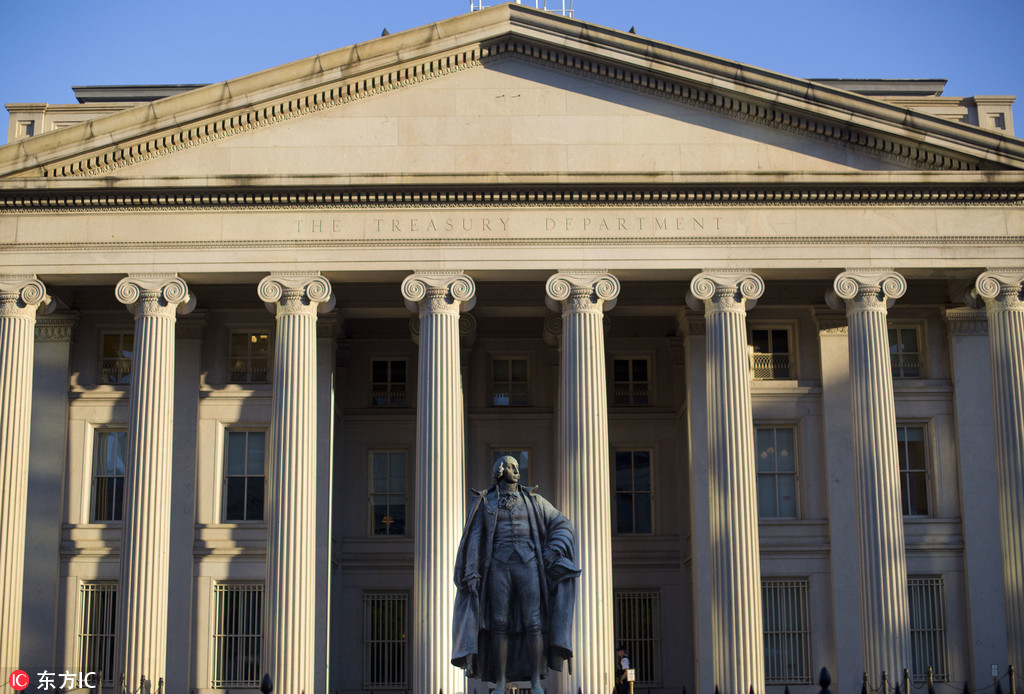
WASHINGTON - The United States sees uneven geographic distribution during its post-crisis recovery, a report released by Economic Innovation Group (EIG) showed on Monday.
According to the report, places in the United States with different zip codes were sorted into quintiles based on their performance on EIG's Distressed Communities Index (DCI).
More than 25,800 zip code areas were labeled with "prosperous", "comfortable", "mid-tier", "at risk", or "distressed."
The report showed that "prosperous" zip code areas have gained 3.6 million jobs from 2007 to 2016, which was more than the bottom 80 percent of zip code areas combined, said the report.
EIG also said that "prosperous" zip code areas have recovered their lost jobs in less than five years. However, "at risk" zip code areas took a full decade to meet the same standard and "distressed" ones are unlikely to recover on current trend lines.
The report said that "prosperous" zip code areas added more than 180,000 businesses from 2012 to 2016. "Comfortable", "mid-tier", and "at risk" zip code areas added 150,500 together, while "distressed" zip code areas lost 13,300 businesses during the same period.
Although suburban and urban areas have recovered their lost in jobs, businesses and population since last recession, economic distress in rural areas still widely exist, said EIG.
"Ten years after the financial crisis, these findings are a sobering reminder that far too many communities have yet to see a true recovery," said EIG President and CEO John Lettieri.
The report also highlighted that nearly half of residents in "prosperous" zip code areas have obtained a bachelor's degree or higher, compared to 15 percent in "distressed" ones, signaling that education is another big gap between "prosperous" and "distressed" communities.
